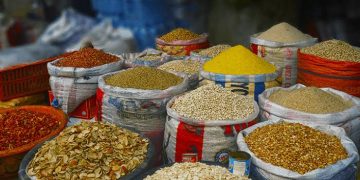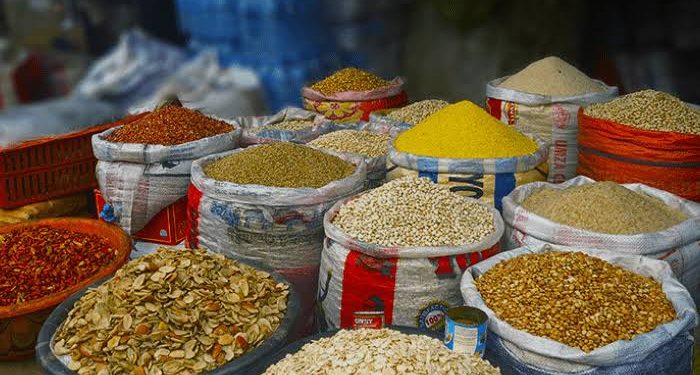By John Ikani
Data from the United Nations (UN) has revealed that rising energy costs have added to the supply chain disruption and crop failures to worsen an already dire situation with global food prices.
According to the data, the global food index UN compiles has risen by a third over the past 12 months and could continue upward as energy costs soar due to tight supplies and strong demand.
“It’s this combination of things that’s beginning to get very worrying,” said Abdolreza Abbassian, Senior Economist at the UN’s Food and Agriculture Organization, as quoted by Bloomberg.
“It’s not just the isolated food-price numbers, but all of them together. I don’t think anyone two or three months ago was expecting the energy prices to get this strong,” Abbasian added.
The energy crunch that hit Europe and then spread to Asia started with gas prices, which are still running at multi-year highs due to limited supply and equally limited output from renewable energy sources.
This has boosted demand for oil and coal, sending their prices higher, too, and adding to pressure on the agricultural sector and related industries such as fertilizer production.
Food inflation has also been pushed higher by growing demand for biofuels, spurred by the energy transition and emission-cutting goals. Some have warned the rush into biofuels threatens higher prices for basic foodstuffs that happen to double as biofuel raw material such as corn and vegetable oil.
The U.S. food industry is already voicing its concern about this problem, which food producers and farmers have strted referring to as “the diesel vs doughnuts debate as food and fuel compete for that oil,” according to agricultural economist and consultant David Widmar, as quoted by the Financial Times.
“We support renewable fuels and the green agenda, but soyabean oil [prices] have tripled. Our members are worried that they may not be able to buy any oil,” the Chief Executive of the American Bakers Association told the Financial Times in September.




































